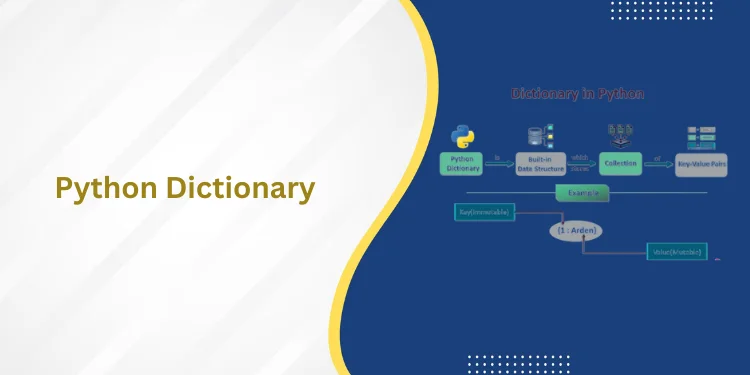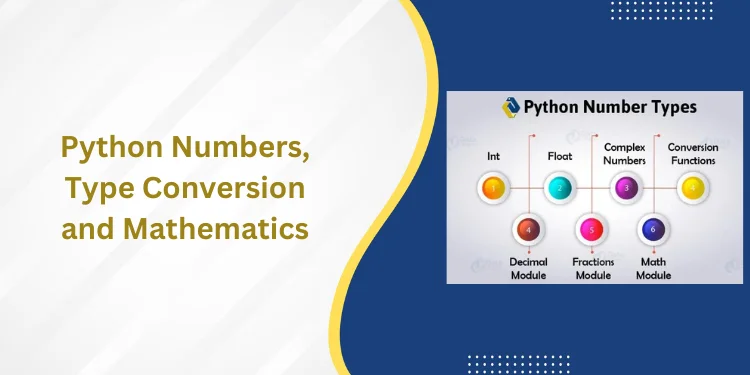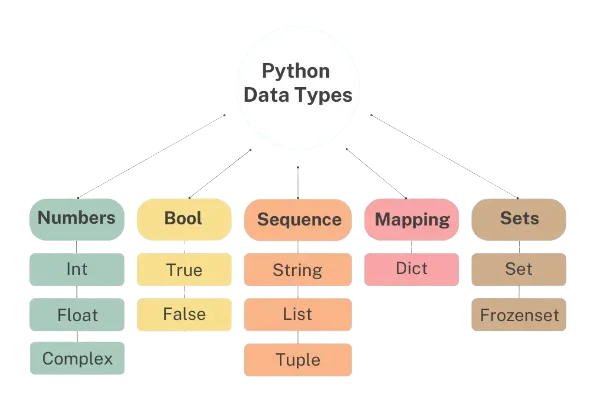Table of Contents
ToggleIntroduction
Functions of Operations Management is an area of management apprehensive with designing and controlling the production process and redesigning business operations in producing goods or services.
It also means that the branch of management that administers the complete production timeline of a service/ product from the input stage to the finished location management in business involves converting input into efficient outputs to achieve desired results. This is done by fulfilling customer requirements and realizing the organization’s management objectives.
Why is operations management critical?

Operations management is necessary to be in charge of daily activities consistently. Operations management controls all the actions and addresses issues, including design, operation, maintenance, and improvement of the systems.
Operations management oversees the complete operating system of an organization. Operation management inspires the employees toward their roles and improves employee productivity.
Have look a blog about: What is File Management in Operating System?
Supply Chain Management
Supply chain management (SCM) is the flow of goods, data, and finances connected to a product or service, from acquiring raw materials to transporting the product to its ultimate station. A supply chain analyst or specialist balances the company’s supply and consumer demand.
They manage the company’s supply networks, guarantee prompt delivery, and maintain financial accountability. British consultant and logistician Keith Oliver is known for molding the terms “Supply Chain” and “Supply Chain Management.” supply chain management has three levels, they are strategy, tactical, and operational.
Roles and Responsibilities

Operations management constitutes various authorities, from product improvement to project handling.
Capacity
Operations management comprehends evaluating the number of products or services a company can sell or distribute in a particular period.
In other words, it also means positioning demand for a good or service with the ability of an industrial organization to produce to meet demand.
Capacity planning helps determine how services are offered and the appropriate time frames and staff required to meet current demand and cover all operational costs.
Locating facility
A good location determination helps avoid waste of all the investments made in plant and machinery implements. A good location selection helps to create a perfect performance for the firm by decreasing its total cost of production.
There are three types of location- 1. location 2.Absolute location 3.Relative location. Location facility is a business-critical strategic decision.
Integration
Integration of Operations Management is a managed network service for massive enterprises with compound and composite technology environments. Integration of operation management is a collaboration with a focus on production.
An integral part of the operation management process is staffing. The main attribute of the success of integration is process, people, and technology.
Forecasting
Forecasting operations management is the process of projecting past sales into the future. Forecasts help expected change within the market. There are two types of forecasting methods, and they are qualitative and quantitative methods.
Forecasts help businesses improve their blueprint and alter their current effects to change potential outcomes.
Visit at this blog about data analytics: data analytics courses in mumbai
What are the Functions of Operations Management?

The function of operations management is a well-planned, implemented strategy that can help meet an organization’s deadlines and production goals.
Operations management controls all the actions and addresses issues, including the systems’ design, operation, maintenance, and improvement.
Operations management oversees the complete operating system of an organization. Operation management inspires the employees toward their roles and improves employee productivity.
There are 7 main Functions of Operations Management.

We can distinguish the seven main functions of operations management in the industrial enterprise: In each field, operations managers should make many decisions affecting of-organization effectiveness.
Planning.
According to business plan expert Tim Berry, “Planning is about managing resources and priorities in an organized way.” You need to plan to be in the affiliation. An operational plan is also known as a work plan.
Planning in operations management is the development of plans and strategies that will allow your business to seize opportunities effectively and meet challenges head-on. There are four types of planning: operational, strategic, tactical, and contingency planning.
Organizing
Organizational” refers to your business structure, and “operational” refers to how you get things done. Organizing ensures an effective role-job-fit for every employee in the organization.
Organizing is the functions of operations management that requires developing an organizational structure and allocating human resources to ensure the accomplishment of objectives. There are four steps of organizing: Identification and Division of Work, Grouping of Activities, Assignment, and Delegation of Authority.
Staffing.
Staffing is critical as it ensures the efficient performance of all other operations management functions. Staffing is an uninterrupted activity that involves selecting, promoting, and transferring the right person to fill the organization’s vacant position.
There are four types of staffing approaches, and they are ethnocentric, polycentric, geocentric, and egocentric. Functions of Operations Management, Staffing is the human element that is instrumental in effectively utilizing the latest technology, capital, material, etc. the management can make sure the correct personnel carry out the staffing function.
Directing.
Directing in operations management functions is apparently a process in which the managers instruct, guide, and oversee the workers’ performance to achieve predetermined goals—directing mention to the affair of instructing, guiding, counseling, motivating, and leading people in the organization to attain its neutrality.
It is a continuous managerial process throughout the organization’s life. Functions of Operations Management Directing includes order and instructions by a superior to the s
ubordinates and guiding and inspiring them. The staffing responsibility should be accomplished efficiently.
Coordinating.
Coordination in functions of operations of management is the process of organizing people or groups so that they work together properly and well. Coordination in functions of operations management is knowing how to integrate resources, activities, and time to make sure proper use of the resources toward the accomplishment of the organization’s goals.
Effective managers often have coordination expertise to plan work schedules, comport inventory for deliveries, and ensure financial gain.
Reporting.
Reporting of operations management is a reporting plan of action that details the ins and outs of a company’s day-to-day deliverables, often concerning production. There are two types of reporting, real-time and monthly reports.
Reporting in functions of operations management is essential to monitor business performance over any period. It qualifies you to make better business resolutions, project future results, and drive developments. Organizations in every industry must stay on top of procedures to get an unqualified opinion of data.
Budgeting.
Budgeting is originating a plan to develop your financial assets to enable you to regulate in advance even if you have sufficient money to do what you need to do or agree to do. In other words, budgeting in functions of operations management is the process of inventing a plan to pay out your money.
The primary purpose of budgeting is to forecast income and expenses, then make decisions and monitor business performance. Budgeting is three types, are surplus budget, a balanced budget, and a deficit budget. Budgeting is balancing your expenses with your income.
Frequently Asked Questions
What are the seven main functions of operations management?
The seven functions of operations management are:
Planning– The planning in functions of operations management is the development of plans and strategies that will allow your business to seize opportunities effectively and meet challenges head-on.
Staffing – Staffing in functions of operations management is an uninterrupted activity that involves selecting, promoting, and transferring the right person to fill in the vacant position in the organization.
Organizing – Organizing in functions of operations management that requires developing an organizational structure and allocating human resources to ensure the accomplishment of objectives
Reporting – Reporting in functions of operations management is a reporting plan of action that details the ins and outs of a company’s day-to-day deliverables, often concerning production.
Budgeting – Budgeting in functions of operations management is the process of inventing a plan to pay out your money.
Directing – Directing in functions of operations management is said to be a process in which the managers instruct, guide and oversee the performance of the workers to achieve predetermined
goals—requiring mention to the affair of instructing, training, counseling, motivating, and leading people in the organization to attain its neutrals.
Coordinating – Coordination in functions of operations management is organizing people or groups to work together correctly and well.
What is the functions of operations management?
The functions of operations management is a well-planned, implemented strategy that can help in meeting the deadlines and production goals of an organization. The part of Operations management controls all the actions and addresses issues, including the design, operation, maintenance, and improvement of the systems.
Operations management oversees the complete operating system of an organization. Operation management inspires the employees toward their roles and improves employee productivity.
What are the six components of operations management?
The six components of operation management are:
Planning– The planning of operations management is the development of plans and strategies that will allow your business to seize opportunities effectively and meet challenges head-on.
Staffing – Staffing is an uninterrupted activity that involves selecting, promoting, and transferring the right person to fill in the vacant position in the organization.
Organizing – Organizing of operations of management is the function of management that requires developing an organizational structure and allocating human resources to ensure the accomplishment of objectives.
Reporting – Reporting of operations management is a reporting plan of action that details the ins and outs of a company’s day-to-day deliverables, often concerning production.
Budgeting – Budgeting in operations management is the process of inventing a plan to pay out your money.
Directing – Directing is said to be a process in which the managers instruct, guide and oversee the performance of the workers to achieve predetermined goals—requiring mention to the affair of instructing, training, counseling, motivating, and leading people in the organization to attain its neutrals.
What are the benefits of operation management?
Operations management controls all the actions and addresses issues, including design, operation, maintenance, and improvement of the systems. Operations management is necessary for an organization to consistently be in charge of its daily activities.
Operations management helps upgrade the fame of an organization. Operations management oversees the complete operating system of an organization.
What are the two primary responsibilities of an operations Manager?
Here’s a look at some of an operations manager’s significant roles and responsibilities. They are, firstly, Organizing events to increase staff motivation and engagement. And secondly, Analyze data to calculate the cost-benefit ratio.
Operation management inspires the employees toward their roles and improves employee productivity. Operations management comprehends evaluating the number of products or services a company can sell or distribute in a particular period.













